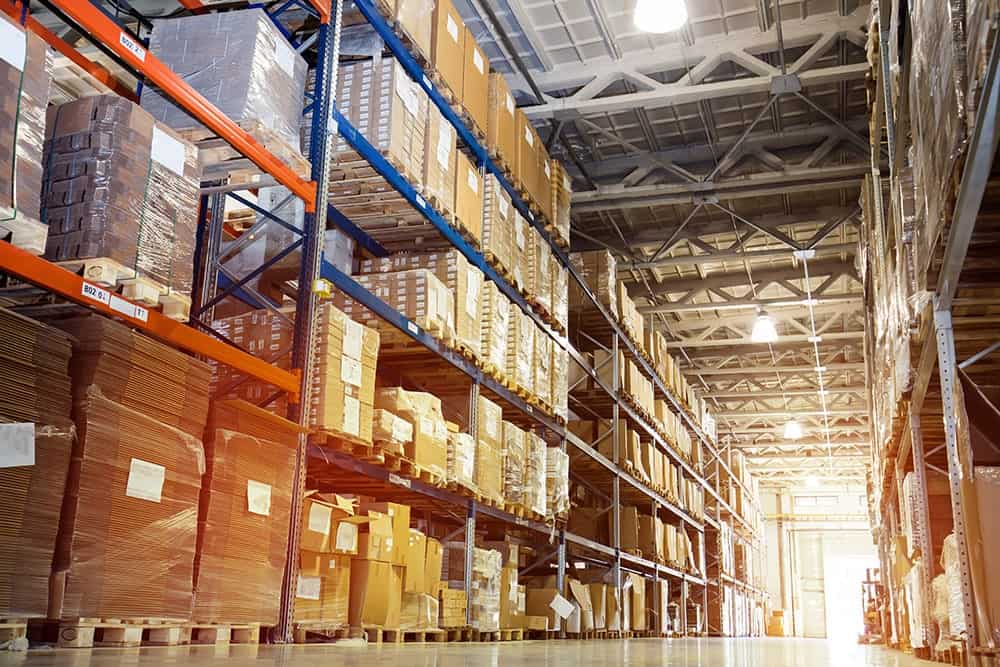
In today’s fast-paced digital landscape, efficient and reliable storage solutions are more crucial than ever. As data continues to expand at an unprecedented rate, individuals and businesses alike are confronted with the challenge of managing, securing, and accessing their information seamlessly. Whether you are a tech-savvy professional looking to optimize your workflow or a casual user seeking to organize your personal files, understanding the various storage options available is essential in making informed decisions tailored to your specific needs.
This article delves into the different types of storage solutions, from traditional hard drives and cloud services to innovative technologies like SSDs and network-attached storage (NAS). By exploring the benefits and drawbacks of each option, we aim to equip you with the knowledge necessary to select the ideal solution for your digital storage requirements, ensuring that your data is not only safe but also easily accessible when you need it most.
Types of Storage Solutions
When it comes to data storage, the choices can be overwhelming. Traditional hard drives (HDDs) offer substantial capacity at a lower cost, making them ideal for archiving large amounts of data. However, solid-state drives (SSDs) have become increasingly popular due to their speed and reliability. For those seeking flexibility and remote access, cloud storage services provide an excellent solution, allowing users to store and retrieve their files from anywhere with an internet connection. Additionally, for businesses that require scalable storage options, network-attached storage (NAS) systems can enable multiple users to access and share data efficiently. For assistance in finding tailored storage solutions, consider exploring Warehouse Storage Solutions Melbourne.

Assessing Your Storage Needs
It’s essential to assess your specific storage needs before making a decision. Factors such as data size, access speed, security, and the frequency with which you need to retrieve files should all influence your choice. For personal use, a combination of local and cloud storage might be optimal, while businesses might prioritize scalable NAS or cloud services to accommodate growth. By thoroughly evaluating your storage requirements, you’ll be better equipped to choose the most suitable storage solution that ensures both accessibility and security for your valuable data.
In conclusion, choosing the right storage solution involves careful consideration of various factors tailored to your unique needs, whether for personal use or business applications. As the digital world continues to evolve, having a clear understanding of each storage type’s capabilities—from the cost-effectiveness of traditional hard drives to the speed of solid-state drives and the convenience of cloud services—empowers you to make informed decisions. By prioritizing your specific requirements such as data accessibility, security, and scalability, you can ensure that your information remains not only safe and organized but also readily available when you need it, paving the way for improved productivity and peace of mind in an increasingly data-driven environment.






